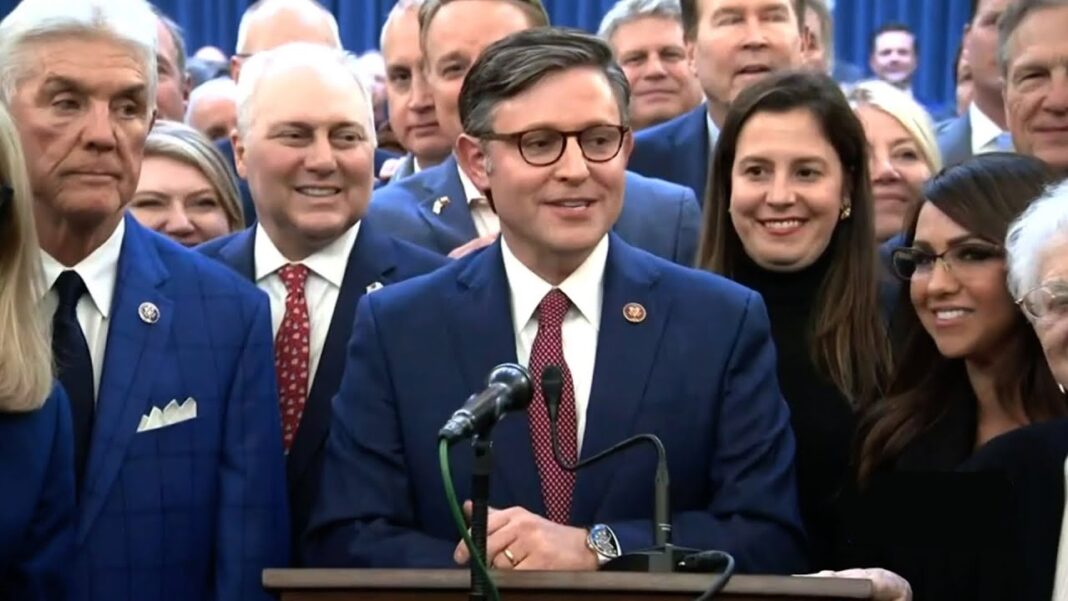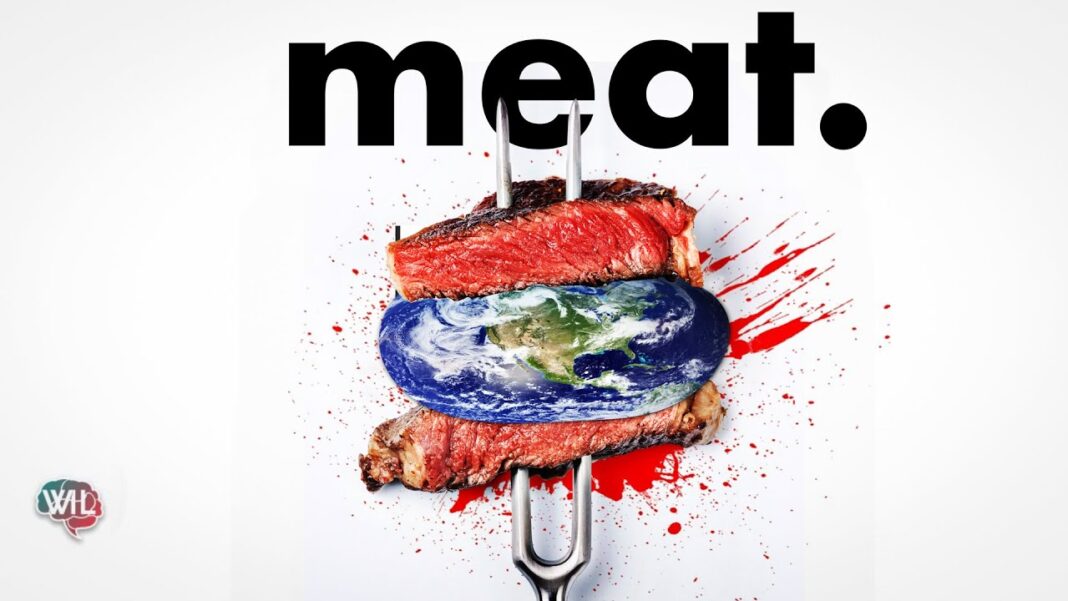Like oil and water, freedom and dependency are immiscible–they don’t mix.
In a previous post of mine entitled, “Is Man the Measure?” the distinction between Classical and Modern Liberalism was elaborated. The idea in classical liberalism is that natural rights are endowed as human freedom and justified through an appeal to that which is the basis for why there is something rather than nothing–for why the universe is rather than is not–and this without recourse to any human or human institution.
Modern liberalism begins and ends with the self and what it believes it needs. Rather than individual rights being endowed by that which is unchanging, the natural law, it centers its source of freedom in the vicissitudes of human needs and desire for self-referentiality and absolute autonomy.
This essay describes how modern liberalism fosters a false sense of need in various populations in America. It then goes further to illustrate how the above leads to a type of “master-slave” relationship, promoting dependency by these groups upon the state.
So what do Hegel and modern liberals have in common? They each believe the state is best at addressing your needs and desires while ostensibly making you free.
Nineteenth century German philosopher, George Friedrich Hegel, was adamant in his view of the state as being superior to the individual:
“The state is the absolute reality and the individual himself has objective existence, truth and morality only in his capacity as a member of the state.”
A university professor at Jena and Berlin, Hegel believed that freedoms and rights come from the state, and that individuals are subordinate to the dictates of the state.
In his “Master-Slave dialectic” (meaning relationship) Hegel in his The Phenomenology of Spirit, introduces the idea that one’s true identity is a product of society and culture, and that it cannot be achieved through individual existence–relationship with an “other” is needed.
The modern liberal
Hegel’s views can tell us something about the thought of modern liberals–how they see freedom and dependency, themselves and others in the world. They both agree that only by seeing ourselves in relation to other humans in society can we gain a sense of dignity and establish our place in the world. In other words we cannot do it by ourselves–modern liberals foster this image of the “self-in-need of the other.” They need others to fulfill who they understand themselves to be. The problem is that these liberals often view others as people in need of something from them. Through this continuous pattern of perception of need by the other, modern liberals fulfill their own need. They give while the other becomes dependent by accepting that which is given. A relationship is established.
What does this mean under the rubric of modern liberalism in America?
For decades, minority populations have played a role of “dependency” in America, while modern liberals play that of “maintaining that dependency.” As you will see, the relationship is, psychologically and sociologically, self-destructive for both. Kevin Martin, a member of the African-American leadership network Project 21, writing for The National Center for Public Policy Research (2006) comments:
“Liberalism is not just a problem for black America. Its failure can be seen by visiting any Martin Luther King Street, Avenue, or Boulevard. White America has the financial wherewithal and ambition to choose to escape it. Black Americans, due to long-term abuse by liberal policies, don’t always have that option. That’s why black America as a whole needs to wake up and shake off the liberal chains that bind us.”
Modern liberals of the majority race have since the 1960s tended to view minority politics through the “lens” of a dependency relationship. They have viewed Americans of African descent as well as the Hispanic community as being needy, requiring continuing social, economic and political assistance from them–from the state.
This orientation has persisted in America for 60 years. And for much of that time, let’s be clear, government assistance was not only helpful but necessary to redress decades of inequality. Today, however, increasing numbers of the minority population, itself, are advocating for modern liberalism to foster its role in the minds of that population–that they still need liberals to sustain themselves. Such “reasoning” is not only counterproductive to minorities in America, it is disrespectful. Moreover, this dependency relationship is fostered, today, by modern liberals for a more invidious reason–political power through the ballot. It has become about the numbers, not the needs of the minorities. The latter’s embrace of dependency needs to be maintained, so as to foster continued political power for liberals.
In a January 2024 article in TIME, Congressional Democrats announced that “they will invest at least $35 million to reach voters of color in the 2024 election cycle…a historic investment, superseding the $30 million spent on attracting minority voters from Latino, Black, Asian, and Pacific Islander/Native Hawaiian communities in the 2022 midterm elections.” The article goes on to say that “voters of color have long been pivotal to Democratic election prospects. About 73% of Asian, Black, and Latino voters combined backed President Joe Biden in 2020.”
Finally, some modern liberals promote this dependency to satisfy their own need to atone for and redress perceived past transgressions (real or otherwise). Guilt, driven by socioeconomic disparity and history, can be a powerful motivator, indeed. It becomes their raison d’etre. In a subsequent essay I will explore the consequences of these relationships as they relate to their potential effects on America’s future.
The psychology of this relationship does a disservice to the intellect of minority populations in America. Providing assistance when necessary, in and of itself, is not the problem; rather, it’s the condescending attitude of modern liberals toward these populations as being incapable of caring for themselves without liberal handouts as well as the need for the group to continue its relationship of dependency.
According to a 2018 study by Cydney Dupree, assistant professor of organizational behavior at Yale School of Management, “white liberals tend to downplay their own verbal competence in exchanges with racial minorities, compared to how other white Americans act in such exchanges.” The study was published in the Journal of Personality and Social Psychology.
This reciprocal relationship of condescension-dependency perpetuates a dependency mentality which is, I submit, toxic to American society.
To free oneself of one’s voluntary servitude to another, one must recognize that one’s freedom and natural rights are inherent in one’s human being. Such natural freedom cannot be granted to you by a state, they are fundamental. But liberty can be taken from you through positive rights or laws from a state. The decision is ours to make–either master of our own consciousness or a slave to another’s.
As is evident from the above, granting positive rights to one group without due consideration for the rights of others can get rather messy and remains controversial. What we see in modern liberalism is the state granting rights which often do damage to society. After realizing, but not always acknowledging, the damage done, it tries to rectify its transgressions by imposing a new set of rights to counter the old. It becomes a circular process that seemingly never ends. At least it hasn’t yet.
Force Man to be Free
Positive rights, of course, can be a form of freedom when careful consideration is accorded the consequences of such acts. Problems develop when the state is used to further an agenda to impose upon one the right (meaning the necessity) to receive something or act in some particular way. When additional rights are granted to some (e.g. affirmative action), others lose aspects of their freedom (reverse discrimination). It isn’t that the former is necessarily wrong; it’s just that the latter is absolutely wrong.
As is often the case with modern liberalism, what starts out as a good idea for some in America results in adverse effects through ill-considered consequences and diminished rights for others. Between modern liberalism’s propensity for dependency-driven relationships and granting positive rights to foster political power, should we not be concerned about the status of freedom in America?
Eighteenth century French philosopher Jean-Jacque Rousseau once claimed in The Social Contract, that we must “force man to be free,” such that he might “place all his power in common under the supreme direction of the general will” of the state. Sound familiar? That is a scary thought–it’s also kin to modern liberalism.







